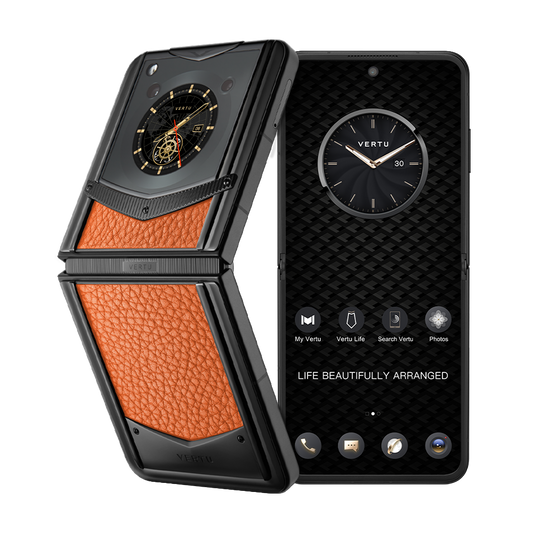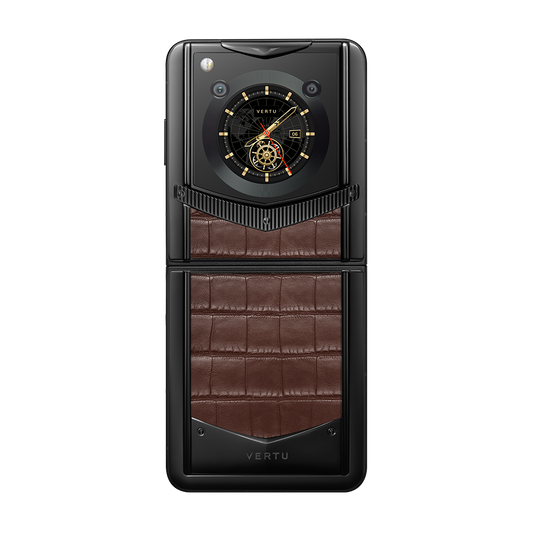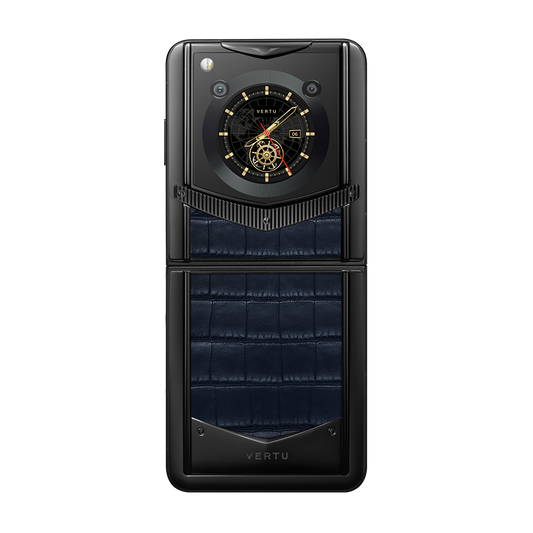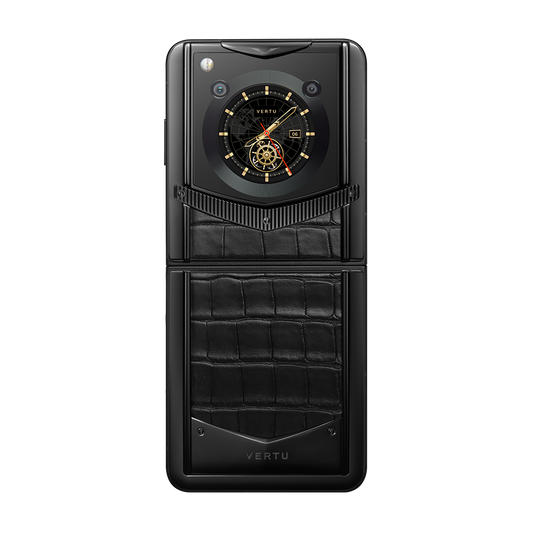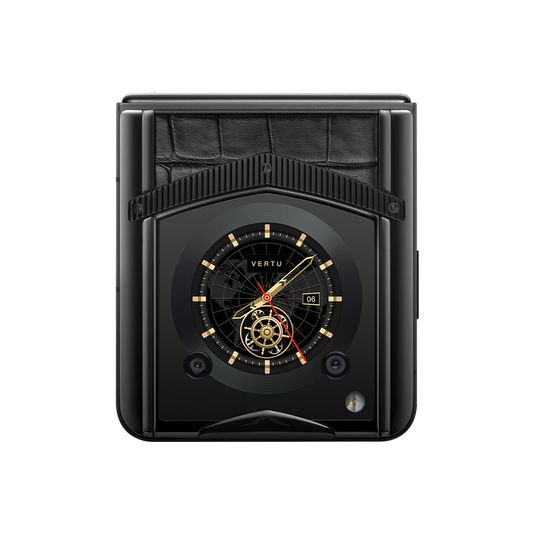Could Hermes Surpass LV in Just Three Years?
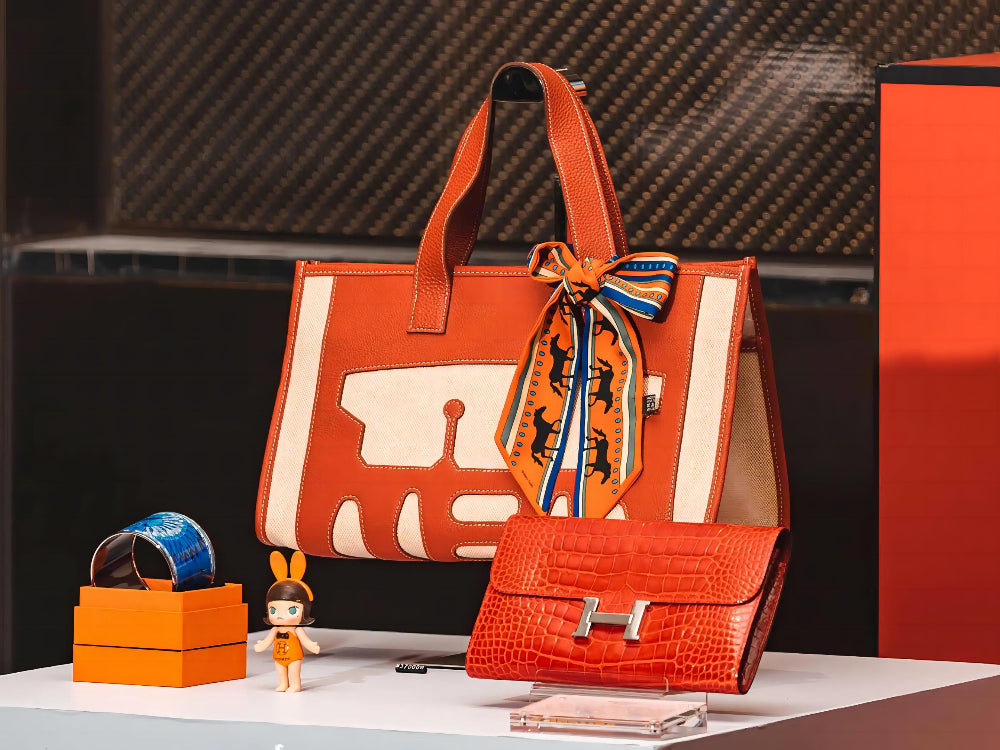
The landscape of luxury giants is subject to rapid change. Analysts at Citibank forecast that Hermes will overtake LV as the highest-earning brand in the luxury goods industry in the next few years. They estimate that Hermes will reach sales of about 20 billion euros in 2027 or earlier, comparable to LV's sales in 2022.
Despite investor concerns that demand for luxury goods will slow in the wake of the outbreak, Hermes shares have risen 20 per cent this year, outperforming other luxury stocks. The sector index has risen by just 6.8 per cent and LV's parent company by 8 per cent over the same period.
The solid performance of Hermes has outperformed a host of luxury brands over the last year, including LV and Chanel.
Hermès has become a more reliable performer in the global luxury market, while LV has experienced a decline. As of 31 December last year, LVMH reported that revenue growth for LV and Dior in the annual leather goods division had slowed to 9% from 25% the previous year. Revenue for the division was recorded at 42.2 billion euros, representing a slight decline in growth compared to market expectations of 10%. This is below the market expectation of 10%, with organic revenue growth of 14% accounting for nearly 50% of the total revenue. There has been a 7% to 16.8 billion euro operating profit growth, with 2022 compared to the obvious slowdown.
Some industry insiders believe that the brand's core customer positioning is particularly important in the current market downturn. Analysts at Deutsche Bank previously stated that affluent consumers with greater spending power have supported growth in the luxury sector, which is a key reason why Hermes outperformed LV last year.
There has been a continuous debate on social media about Hermes' distribution system, which has recently been the target of a lawsuit over its distribution system. The lawsuit, which was initiated by two consumers who filed a lawsuit against Hermès in a Northern California federal court for violating U.S. antitrust laws with its allocation system, has been joined by thousands of consumers who have purchased Hermès merchandise or were asked to allocate it in order to purchase platinum handbags. Hermès has not yet responded to the lawsuit.
The allotment system is a gateway for Hermès to screen its high net-worth customers, and environmental issues are also a challenge that Hermès has to face at a time when the luxury industry is increasingly focused on sustainability.
Since 2015, hundreds of major luxury fashion brands have taken a stand on the issue of fur, with Chanel, Kering and Prada among those who have made commitments to stop using animal fur, reduce animal cruelty and improve product sustainability. While LVMH, including its Fendi brand, has yet to make a definitive statement on fur, it is taking steps in other areas to demonstrate its commitment to sustainability in the industry.
Against this backdrop, Hermès' insistence on rare skins will undoubtedly trigger a boycott from environmental enthusiasts. In fact, the reason why Hermès set up a crocodile farm and insisted on using rare leather in the face of public pressure is that these handbags reinforce the scarcity of Hermès' products, signalling Hermès' positioning at the top of the luxury pyramid. This is a core driving factor for high net-worth individuals to buy the brand.








